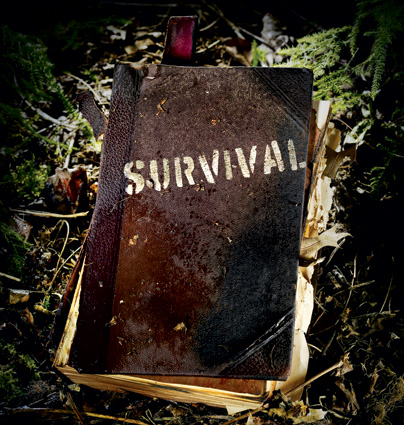Going to see The 360s last night drove home an interesting point for me: The Facebook world and the real world are indeed two different places. And it may have made my social dysfunction worse.
Mood music:
First, I want to thank The 360s for a great show last night. When I leave a show with my ears ringing, feeling like I’ve been kicked in the gut, I know I’ve had a good, healthy dose of rock n roll. I need that sort of thing every day.

Here’s what was weird for me, and it’s nobody’s fault, really. Heck, it’s not even necessarily a bad thing: I’m connected with all the band members on Facebook. Seeing their status updates every day makes me feel like I really know them. But in person, we’re strangers.
I approached the band members, who looked at me puzzled, trying to figure out who I was. Once I introduced myself, they knew who the strange guy in front of them was and they were very friendly. Some of them read this blog, but in real life, in a dark club, I don’t really resemble the cartoon logo people associate me with. And outside of Facebook, we’ve never really talked to each other in a room.
And so I come off as the typical hanger-on at rock shows, the guy in the room who sucks up to the band so he can tell people he knows them. That’s not my goal, but I can see how I might come off that way. I can be a real train wreck sometimes.
In a way it’s kind of cool, because it goes to show that you can’t replace the real world with something found in cyberspace.
That’s actually a relief, because I sometimes worry that if I get too good at the social media thing, I’ll forget how to function when face-to-face with someone.
Actually, let me correct that: I’ve never really understood how to function when face to face. And that brings me to the main point of this post.
Even though I can comfortably give a talk in front of an audience and share my most embarrassing truths in writing, I remain socially dysfunctional.
I lose the ability to distinguish what I see in the people I share a room with from people I share a Facebook page with. So, once off Facebook and back in the real world, I forget how I should act around people.
I’ve gotten better at this stuff since crawling out of the black hole that is OCD and addiction. But I suppose I’ll always be fighting the battle at some level. And that’s OK.
My social awkwardness didn’t get in the way of what was a great night out with my wife. I had fun, and look forward to the next concert. I also didn’t need to feed my addictive side with binge eating or booze to get through the night. That’s some pretty good progress.
I just need to work on my real-world people skills. But then doesn’t everybody?













